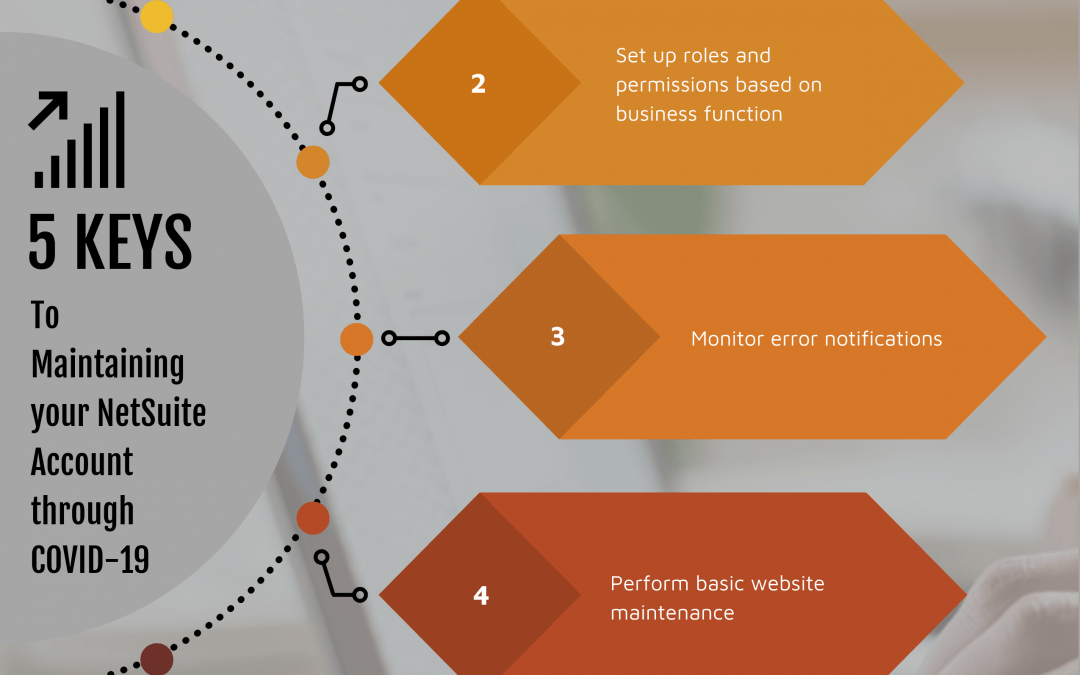1. KPIs
Help users set up their KPI’s on their dashboard so that users are able to track, monitor and make decisions based on real-time data.
Some KPI’s to keep track of:
- Cashflow – Inform your decisions with the help of a 3-month average cash flow
- Profitability – Understand where your business stands by looking at a Month on month or quarter on quarter profitability KPI
- Revenue – Revenue KPI can be set up to see any variations of revenue which is not seasonal/cyclical
- Revenue by Customer – During this crisis, one of the critical data you want to track is revenue by customer to keep track of how each of your customers is changing their spending habits.
- Orders – This forward-looking KPI helps you keep predict the revenue for that month
- Opportunities – Keep track of the pipeline and stay on top of sales cycle
- Expenses – Expenses KPI will give real-time data of all the expenses and can be compared to previous periods.
- Inventory – Keep track of Inventory to ensure that you have items in stock and inform purchasing decisions.
- Inventory aging – NetSuite doesn’t provide an Inventory aging report out of the box but can be built using NetSuite report builder.
- Receivables – Keep a track of your open AR balance and manage collections
- DSO – Netsuite provides a report to keep track of DSO but doesn’t make it easy to follow up on payments. You can use this Suiteapp to automatically send out dunning emails and attach multiple open invoices.
All users will not be using all the above KPI’s but you can set some of the KPIs based on your roles and permissions.
We will be going over these KPIs in detail and how to set them up in our Webinar on Tuesday, April 21st, 2020 at 2PM ET. Register Here
2. Roles & Permissions
With all the uncertainty there might be a churn in your team, you might have your teams take on additional responsibilities or changes. A best practice is to set up all roles & permissions based on business functions. If your team members are taking on extra responsibilities it is better to change their role instead of adding permissions to their existing role. This will be easier to move your teams around based on your business needs. You will not be making endless changes to roles & permissions for every team member change.
3. Error notifications
Ensure that scripts deployed on your account have the correct logging level, and also that error notifications are being sent to a valid email that is regularly monitored. This will help you react to any broken scripts or errors in timely manner.
4. Basic Website Maintenance
- Make sure that all planned content is scheduled to be published so that even if a team member is unavailable on the day of publishing, the SuiteCommerce engine does the work for you.
- Monitor website up-time using open-source tools available on the internet.
- Create planned promotions early in NetSuite and mark start and end date and end date so they don’t run indefinitely.
- Monitor your checkout process and schedule a daily order summary report.
- Stay on top of the order management process by adding expected ship date to orders. This will help the warehouse keep track of shipments and manage their workload.
- Review post-order emails to customers; add a message about potential shipping delays due to COVID-19.
5. Order Management
- Orders – Keep a track to check if new orders are being placed from the website. This can be setup as a dashboard or a saved search inside of NetSuite
- Communication emails – Make sure order confirmation and order shipping emails are being sent to customers
- Fulfillment process – Keep track of shipping such that orders are being shipped on time

